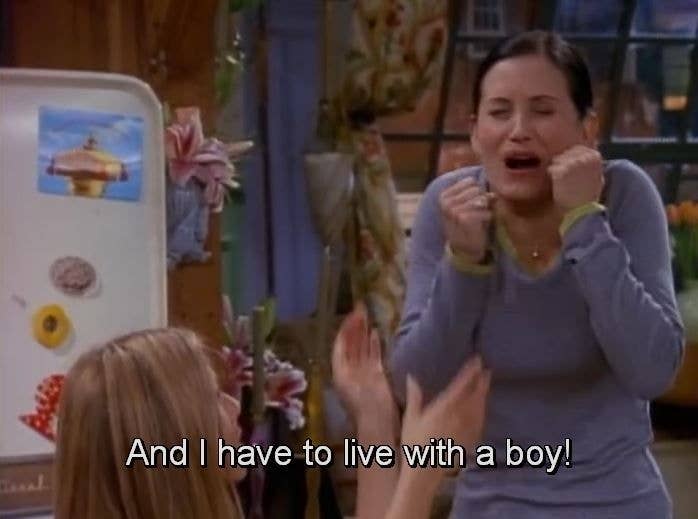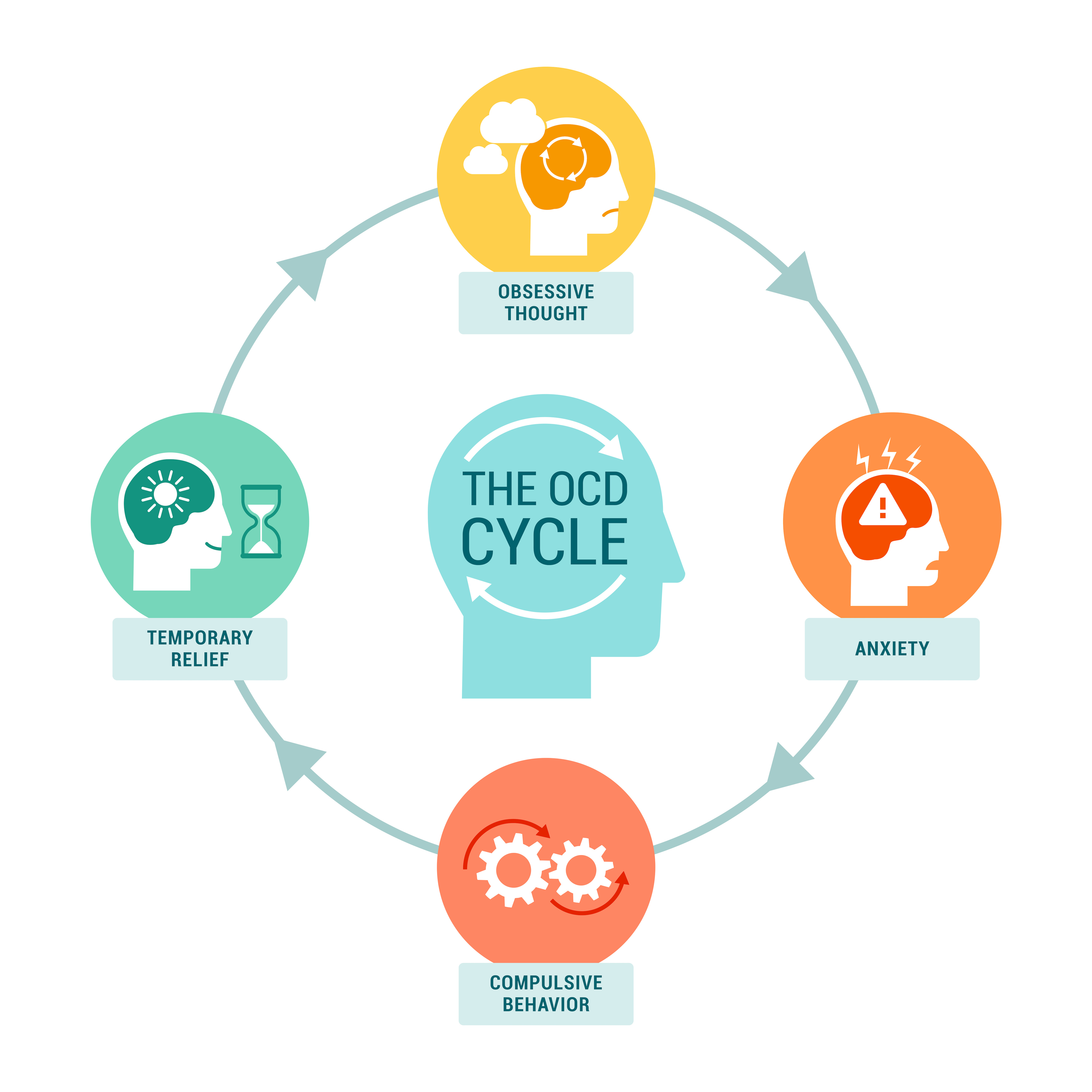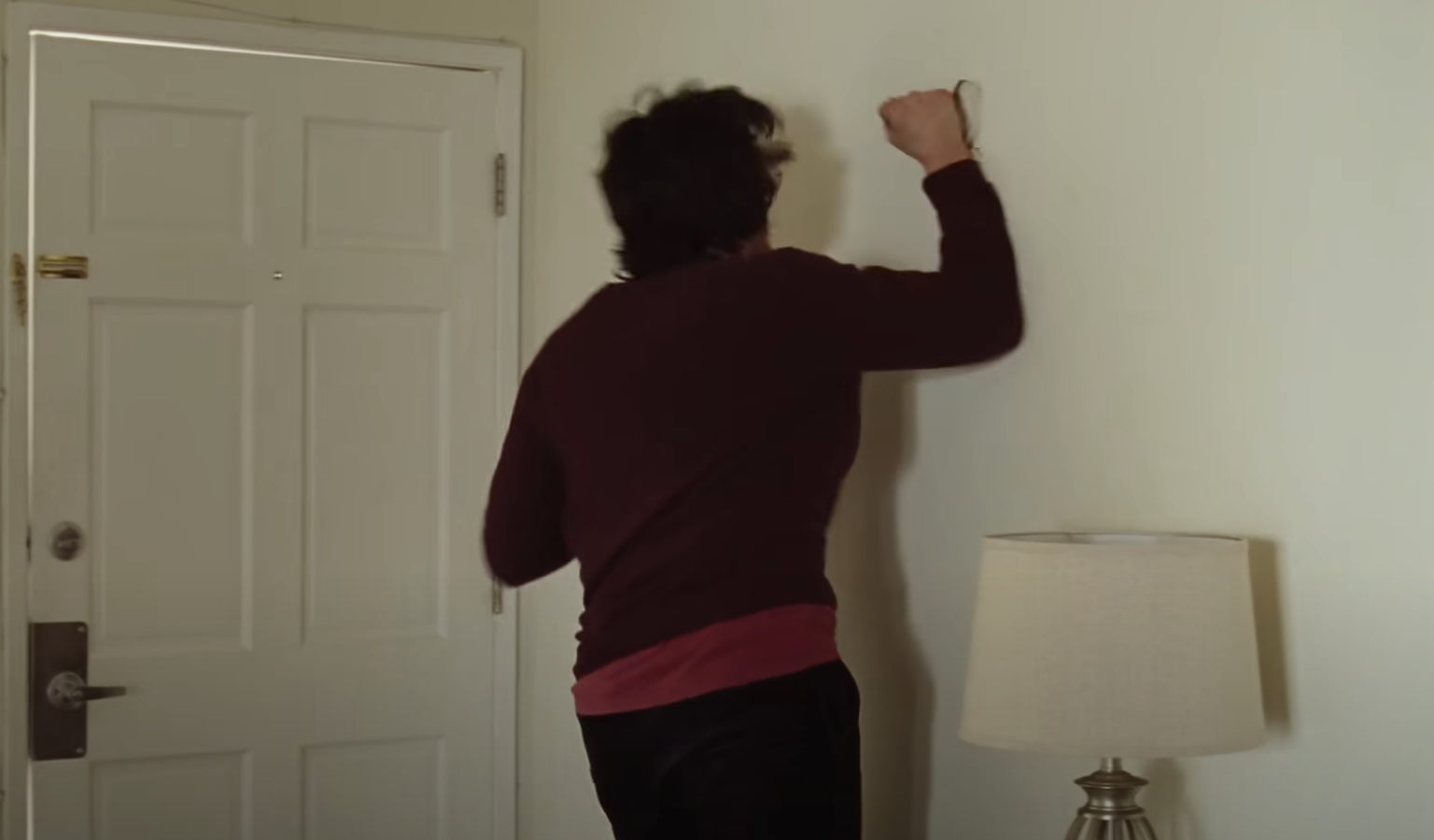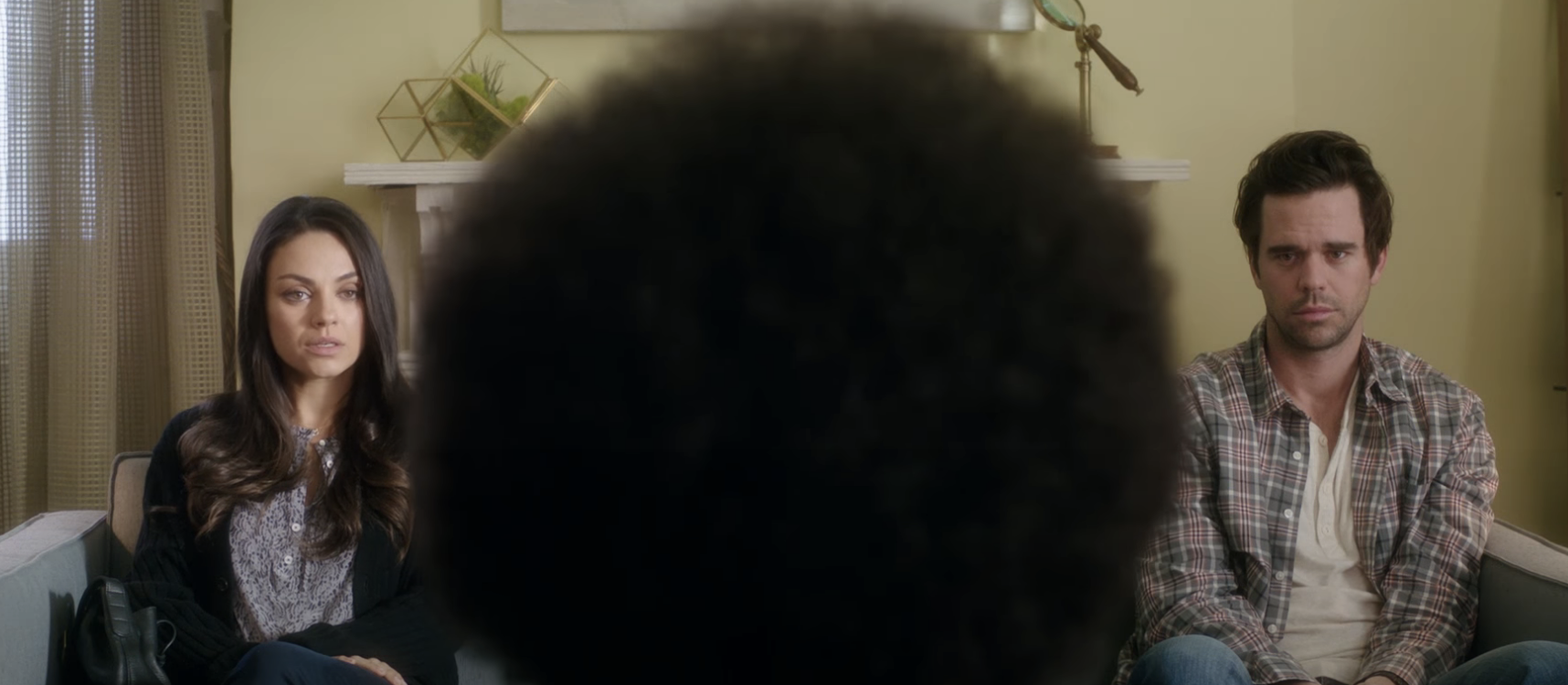When my therapist first suggested that me and my boyfriend might benefit from "preventative couples counseling," I thought he was the odd one. Couples therapy was, in my mind, a last resort, something that married couples did as a last-ditch attempt before getting a divorce. That didn’t apply to my boyfriend and me: we hadn’t been together that long, our disagreements were civil, and, bluntly put, we were (and are) happy together. After his therapist suggested the same thing, we decided to give it a whirl.

It’s been a few months since we started, and I’m only just now realizing how wrong my initial read of couples counseling was. We go every week virtually, and I think of it as an hour of “serious time” where we can freely talk about supporting one another through major things going on, or bring up small things from the previous week that we perhaps didn’t address in the moment. It's preventative in the sense that it aims to nip any future resentment or issues right in the bud.

Part of why couples counseling has been so helpful is that we've recently experienced a very big — and exciting — transition. We were talking about moving in together and getting married, which we both wanted, but had some slightly different ideas about. For example, I wanted to split our rent and utilities proportional to our income. My partner wanted to split it 50/50, at least at first, so we both felt we had equal stakes in our home.

Neither of us were right or wrong here. But, by its very nature, such big discussions can end up dredging up a lot from the past that we’re not even cognizant of. For one, I had a very anxiety-inducing and difficult living situation a few years ago, which impacted my priorities for a place to live in ways that I initially didn’t realize. Our counselor guided us through a calm discussion over several weeks, and we ended up reaching a compromise that suited us both.
Another big thing is that me and my partner both have various mental illnesses. One of mine is OCD, including relationship OCD. My strategy had previously been to keep most of my OCD thoughts to myself, fearing leaning on or saying “too much.” My partner has some executive dysfunction issues, which are a natural clash with the “just right” feeling-chasing of OCD.

What I mean by “just right” is that having OCD, to me, means being incredibly uncomfortable with the idea of uncertainty — so it is bound to come up in times of transition. One thing me and my partner have discussed recently in therapy is that moving will exacerbate this — I don’t want things to be messy and in boxes, I want them to be where they should be. I can spend hours making lists and mentally going over floor plans without even realizing I’ve lost sleep. That's the good thing about therapy: it forces you to make time for introspection.
My partner is more of a “let’s just see how it looks in the place” kind of guy.
Now, a big part of this is flagging this to my individual therapist because, and I cannot stress this enough, having my partner participate in my compulsions is not something anyone wants. But we were able to set up a middle ground between my OCD and his executive dysfunction that will alleviate stress for us both, through establishing clear and realistic expectations.

As such, the beautiful thing about couples counseling is that our therapist can help teach us healthy ways to support one another, with the other person establishing what boundaries work for them. Our sessions are often more focused around, “Hey, I’m going through this thing, what’s the best way for you to show up?” than they are “problems” in our relationship.
My preconceptions about this didn’t come from nowhere. There’s a reason that, prior to this relationship, both my partner and I viewed the “work” touted to maintain a long-term relationship as a grim slog just to be able to be in the same room together. And sure, I understand that two people wanting to prune an already thriving tree doesn’t make for as scintillating drama as, say, Adam Driver punching a wall. But how happy I am to have been proven wrong.

Some negative responses to our counseling undertaking have fallen along generational boundaries, but people will surprise you. The priest who will be marrying us later this year is a huge fan of it. Besides, a huge aim of any therapy is to strive for healthier conditions than what came before.

